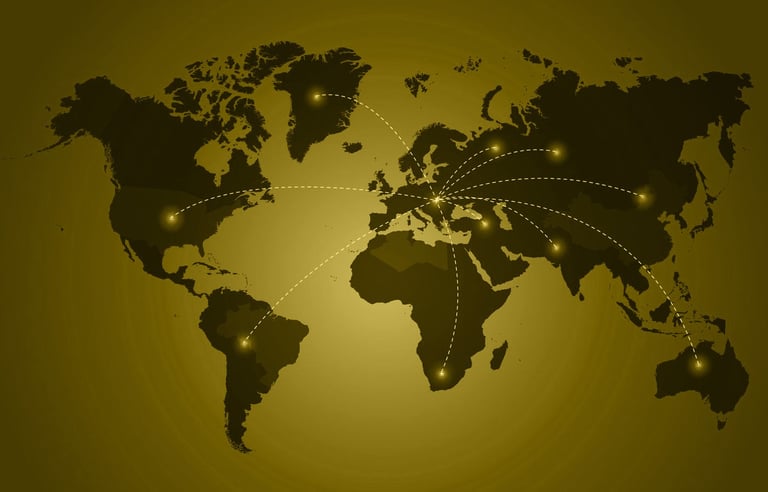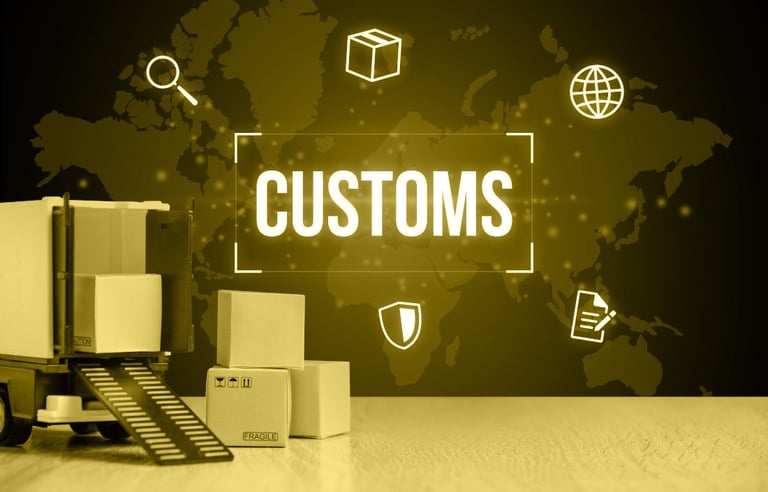ORIGIN OF THE GOODS
Rules of origin determine where goods originate. This is not where they have been shipped from, but where they have been manufactured or produced. As such, the ‘origin’ is the 'economic nationality' of goods traded in commerce. The tariff classification, value and origin of a good are determining factors based on which the customs tariff treatment is applied. From customs point of view, there is a distinction between two types of origins, notably non-preferential origin and preferential origin.
↓
Non-preferential rules of origin are used to determine the country of origin of goods for the application of the most-favored nation treatment (MFN), in the absence of any trade preference, but also for the implementation of a number of commercial policy measures such as anti-dumping, trade embargoes, safeguard measures and quantitative restrictions or tariff quotas. They are also used for trade statistics, public tenders and origin marking.
Not all countries apply specific legislation related to non-preferential rules of origin and in most cases they are acknowledged from the customs authorities and can't be used to claim benefits given by preferential rules given in Free trade Agreements.
Preferential origin is conferred on goods from particular countries, where certain criteria is fulfilled, allowing preferential rates of duty to be claimed. Criteria to be fulfilled is determined in preferential rules of origin given in applicable Free trade Agreement.
Preferential rules of origin determine whether goods qualify as originating from certain countries, for which special arrangements and agreements apply. To be eligible, the goods must meet a number of origin criteria to make sure that only originating goods benefit from this preferential treatment. Where all the requirements are met, goods are eligible for preferential treatment upon importation (reduced or zero customs duty) , depending on the preferential tariff treatment provided, which again depends on if there is an active Free trade Agreement signed by exporting and importing country.
This is what matters. You want your goods to be eligible for preferential treatment.
Rules of Origin
Preferential Origin
Non-preferential origin
Let's work together


ORIGIN OF THE GOODS
Rules of origin determine where goods originate. This is not where they have been shipped from...


FREE TRADE AGREEMENTS
A Free trade Agreement (FTA) is an agreement between two or more cooperating...


APPROVED EXPORTER
The approved exporter status simplifies export formalities by allowing the authorised exporter...


LOCAL CUSTOMS CLEARANCE
In-house customs clearance is a simplified customs procedure where an economic operator...
